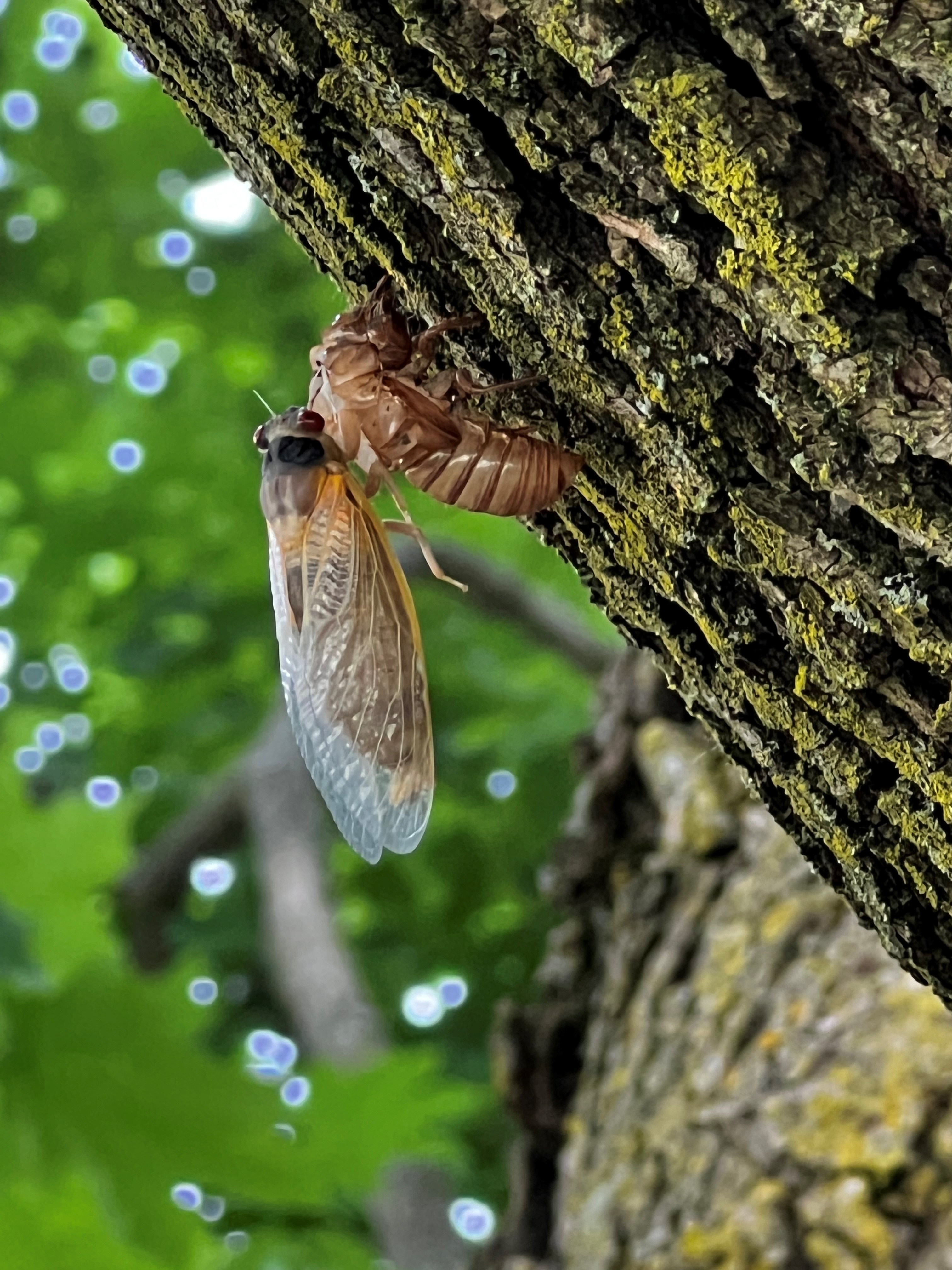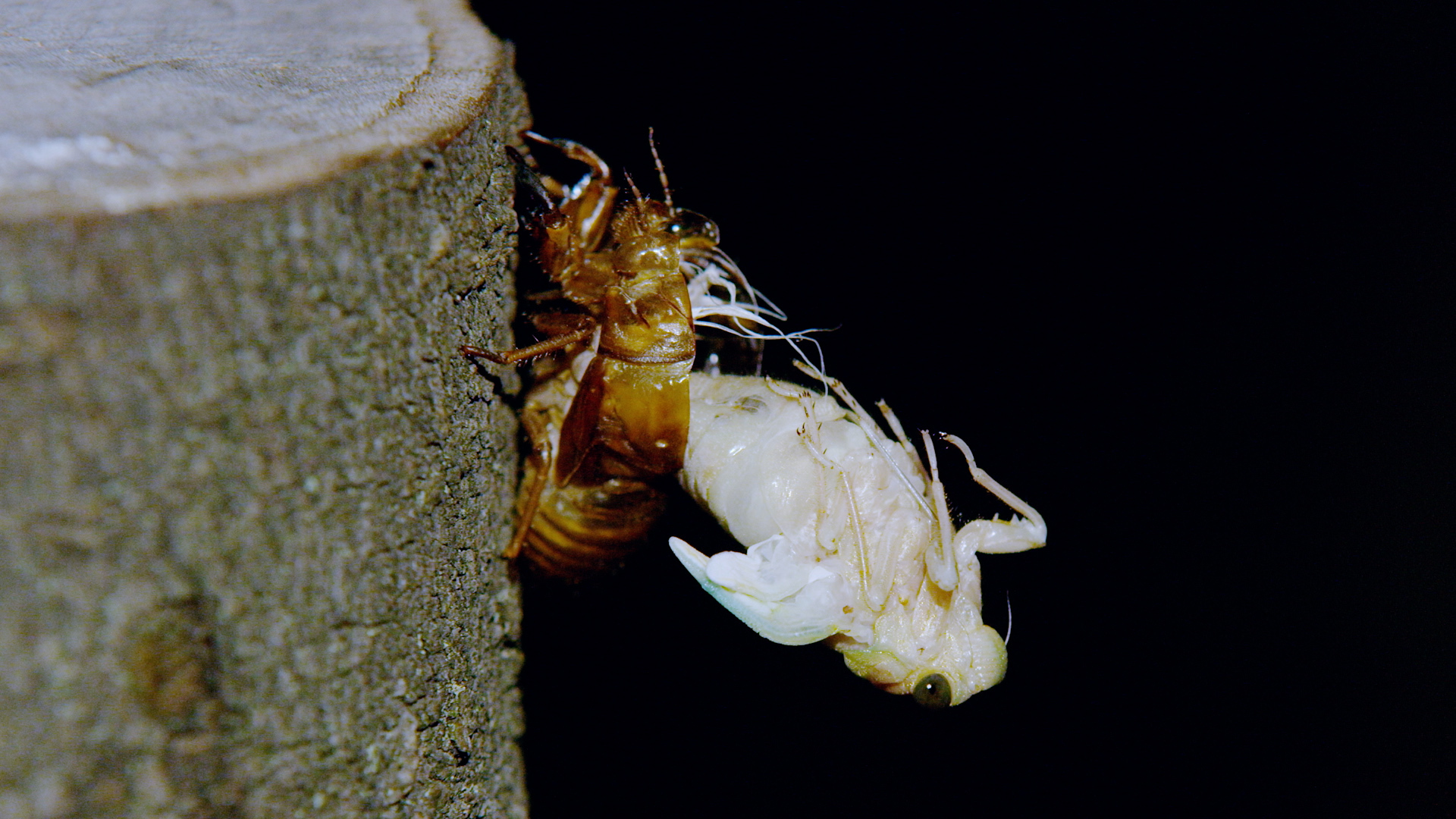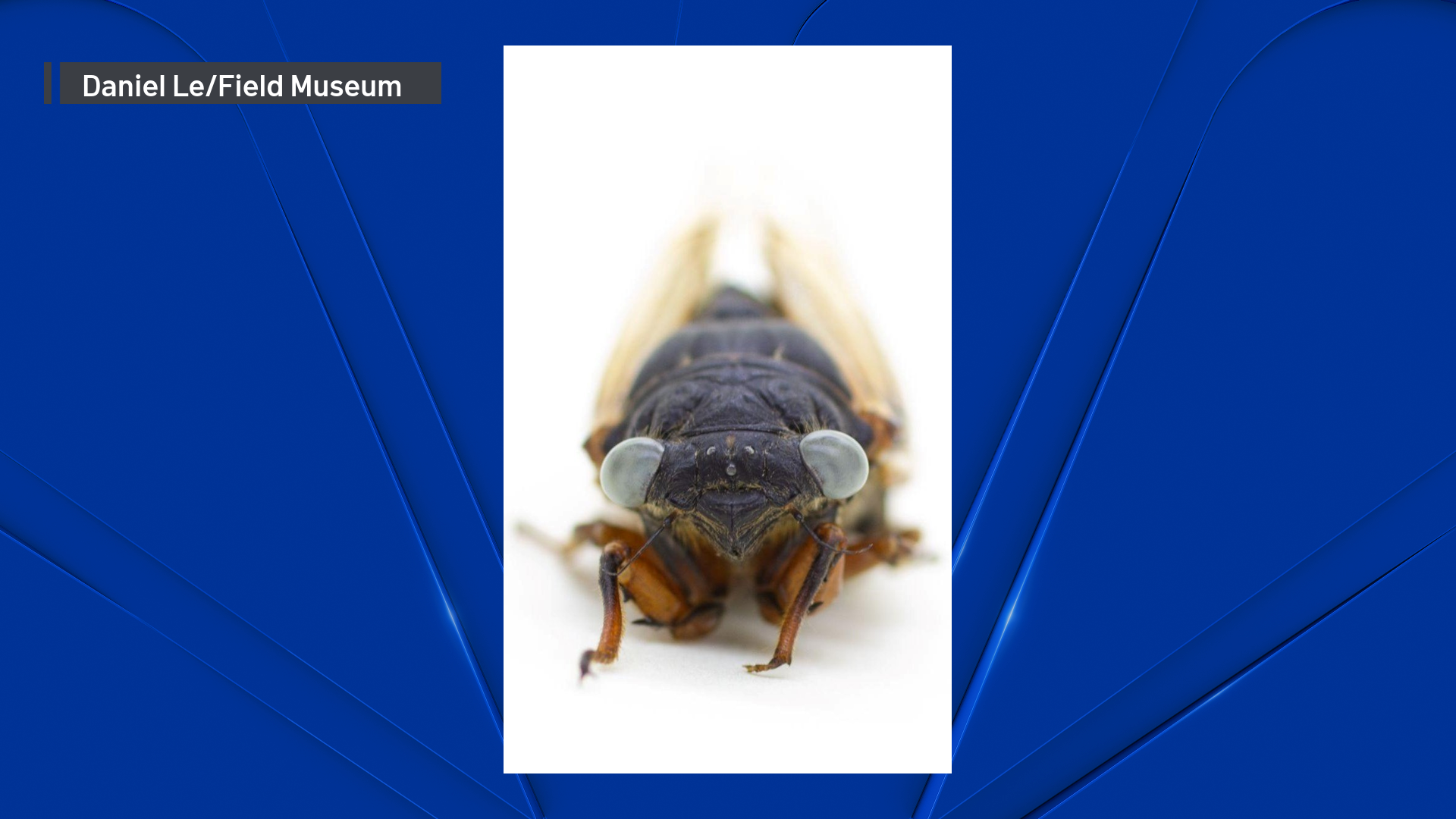After months of waiting, cicadas have finally emerged from the ground in much of the Chicago area.
They're seemingly everywhere in some communities, but others are barely seeing any.
Even if scores of cicadas have surfaced in your area, they might not be making that infamous "buzzing" noise you've likely heard about - or remember from the last invasion.
"It’s unlike any sound you hear in nature,” said Blake Layton, an entomology specialist at Mississippi State University. “To me, it sounds like the sound effect you hear from spaceships in an old Star Trek movie.”
The unique, often loud sound is a mating call male cicadas make as they rush to attract mates before their life cycle ends. Once the bugs initially surface - they actually stay silent for a little while.
According to Dr. Gene Kritsky with Mount St. Joseph University in Cincinnati, it takes five days for a cicada to begin singing after it springs from the ground.
So, how do cicadas actually make the distinct noise?
Cicadas generate these mating calls by expanding and contracting hollow structures on their bodies called tymbals, according to experts at Mississippi State University. The passing of air during this exercise helps reverberate the drum-like structures, which produces the sound.
The sound will slowly diminish as cicadas reach the end of their four-week lifespan.
Feeling out of the loop? We'll catch you up on the Chicago news you need to know. Sign up for the weekly Chicago Catch-Up newsletter.
Although cicadas don’t bite or sting and are pretty much defenseless, their powerful song can be potentially harmful to humans, according to Betterhearing.org. That's especially the case if you spend a long period of time in wooded areas where many cicadas have congregated.
Some cicada songs can reach 100-115 decibels – similar to the volume of a nearby leaf blower or being in a packed football stadium! Just so you know, repeated exposure to sounds over 85 dB are harmful to our hearing.
With the large 13-year and 17-year cicada broods emerging in parts of Illinois and Iowa - in a rare double brood emergence - it stands to reason that noise levels will be heightened.
The good news for many is that the noise likely won't be heard late into the night.
"As long as you're not sleeping during the day, cicadas are not a problem," cicada expert Catherine Dana, an affiliate with the Illinois Natural History Survey, told NBC Chicago. "Cicadas are only going to call when the sun is out, you know, maybe into the early evening, but usually they'll just totally quiet down ... the cicadas are gonna be calling pretty loudly during the day, but once the sun goes down they're done. It's the katydids that are calling and keeping you up at night."




